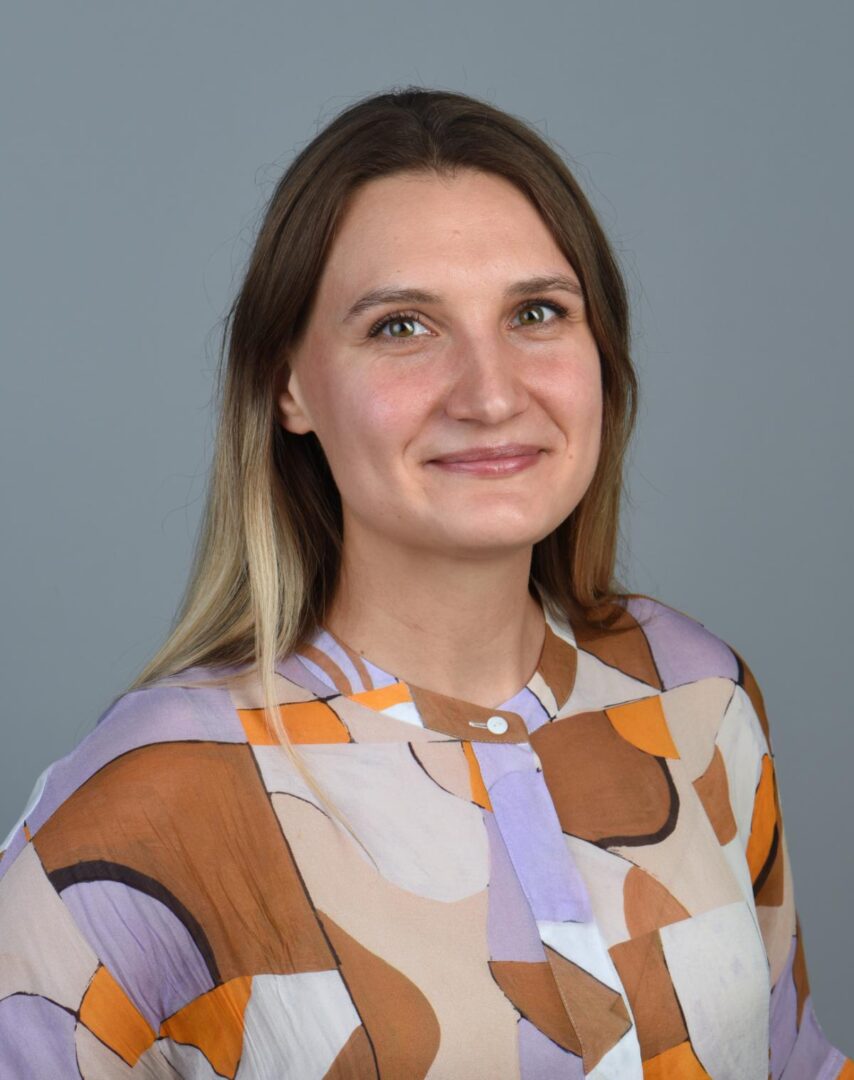Establishing MTHFR- and Cobalamin G-deficient cerebral organoids: an in vitro disease model for investigating novel therapies
Principal Investigator: Dr. Ferdinand von Meyenn

February 2, 2024
HCU Network America and HCU Network Australia have announced the recipient of their first Homocystinuria due to severe methylenetetrahydrofolate reductase (MTHFR) and cobalamin G (cblG) Deficiency research grant, awarding ETH Zurich, to identify potential treatment for severe MTHFR and cblG. The research, led by Dr. Ferdinand von Meyenn, aims to replicate the characteristics of these disorders using cerebral organoids, providing essential insight into the mechanism of this metabolic function. In addition, potential therapies will be screened to determine if a new molecule is capable of rescuing disease related complications that are typically still present despite current treatment methods. Dr. von Meyenn is an Assistant Professor at ETH Zurich in Switzerland at the Laboratory of Nutrition and Metabolic Epigenetics.
According to the principal investigator, Dr. Ferdinand von Meyenn, “the project supported by the HCU Network America and HCU Network Australia aims to understand and find treatments for two rare disorders, MTHFR and Cobalamin G deficiencies, which usually start in infancy and lack efficient treatments. We plan to use lab-grown mini-brains (cerebral organoids) made from special cells to better understand the diseases. These mini-brains will also help to test new treatments since they have been useful in studying other brain development disorders.
The mini-brains will be checked to see if they show similar problems as seen in patients, like growth defects, changes in brain tissue, and other specific issues. The project will also use these mini-brains to test existing and new drugs to see if they can help with these disorders. This includes drugs like folate and its derivatives, and other potential treatments. The goal is to create a lab-based platform to test many treatments for MTHFR and Cobalamin G deficiencies effectively and thereby help identify novel treatments for the affected children to help them live a better life.”
HCU Network America Board Member and Chair of the Severe MTHFR steering committee, Grace Talbert said: “The idea of research for severe MTHFR seemed so farfetched when my daughter, Carson, was diagnosed 3 years ago. I am so proud of the families who rallied around the globe to make this research possible. I am thankful for Dr. von Meyenn and his innovative idea to research this rare condition. I’m beyond thrilled for how this may shape the understanding and treatments for severe MTHFR. For the first time since my daughter was diagnosed, I am feeling hopeful for her future and for all the children diagnosed with severe MTHFR.”
Family representative from HCU Network Australia Renske Dijkhuis said: “We’re very grateful for the enormous amount of support we have received from our community and beyond, to be able to help raise funds for this research grant!”
Board member for HCU Network America and Remethylation Grant Program Lead, Brittany Parke said “I am especially grateful to Dr. von Meyenn to expand this project to include cobalamin G in addition to his original submission for severe MTHFR research. This information will propel future research and help our community better understand these complex and rare disorders. It was too fantastic of a project to pass up the opportunity to fund a second project for the cblG community.”
HCU Network America and HCU Network Australia thanks their community of supporters whose contributions made this grant possible.

Special mention to the PhD student, Beata Vekeriotaite, who is working on the project and who has significantly contributed to the concept.
